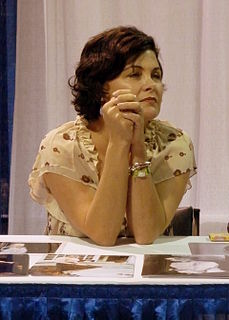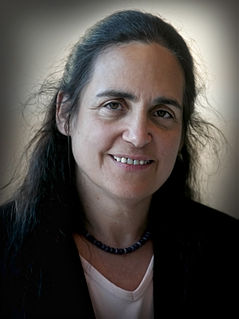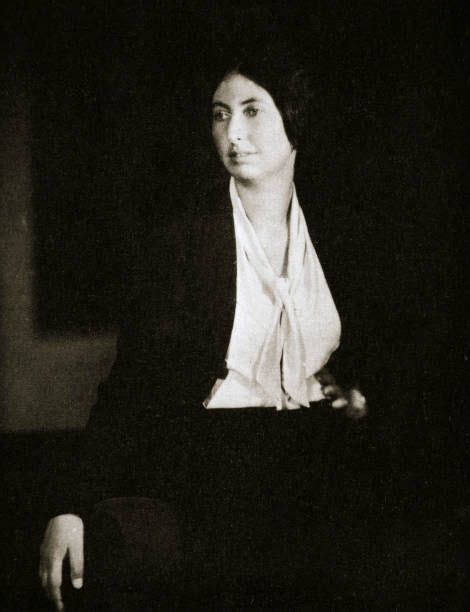A Quote by Patrick Rothfuss
Some tropes are universal. Boy meets girl. Betrayal and revenge. The search to discover a hidden truth.... A mother's love isn't cliché, it's universal. These things are archetypes. They're the building blocks of myth and legend. They are a big part about what it means to be human.
Related Quotes
This, then, is the truth of the discourse of universal human rights: the Wall separating those covered by the umbrella of Human Rights and those excluded from its protective cover. Any reference to universal human rights as an 'unfinished project' to be gradually extended to all people is here a vain ideological chimera - and, faced with this prospect, do we, in the West, have any right to condemn the excluded when they use any means, inclusive of terror, to fight their exclusion?
It is one of my targets to show people that a lot of things that are part of their landscape - that people are universal - are the result of some very precise historical changes. All my analyses are against the idea of universal necessities in human existence. They show the arbitrariness of institutions and show which space of freedom we can still enjoy and how many changes can still be made.
You are hearing this song, and you're 16, and it's a song about love, or a girl. And then maybe there's a girl at school that you like. So you're going to be thinking about that girl. That song is sort of about that girl. The songwriter doesn't know that girl, obviously. He wrote it for something else. But there's the specific meaning with the universal again.
you can't kill love. you can't even kill it with hate. you can kill in-love, and loving, and even loveliness. you can kill them all, or numb them into dense, leaden regret, but you can't kill love itself. love is the passionate search for a truth other than your own; and once you feel it, honestly and completely, love is forever. every act of love, every moment of the heart reaching out, is a part of the universal good: it's a part of God, or what we call God, and it can never die.
'The Marriage of Souls', like 'The Rationalist', is an exploration of humanist philosophy wrapped between the delicate leaves of an eighteenth-century tale. The story of the two novels - and they should be read as a two-volume work - centres around the old war-horse of boy meets girl, boy loses girl, boy finds girl. But what a boy and what a girl.
All the worth which the human being possesses all spiritual reality, he possesses only through the State... For Truth is the Unity of the universal and subjective Will; and the Universal is to be found in the State, in its laws, its universal and rational arrangements. The State is the Divine Idea as it exists on Earth. We have in it, therefore, the object of History in a more definite shape than before; that in which Freedom obtains objectivity...
Boy meets girl. Boy marries girl. Boy and girl angst over which family they visit at Thanksgiving and which one in December and whether or not it's best to serve turkey or goose for the family feast. When first faced with the reality that the family you married into does things differently, the warmth of tradition can take on a chill.






































